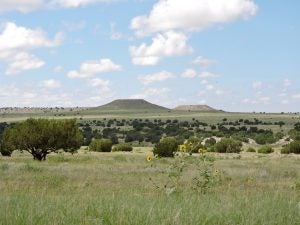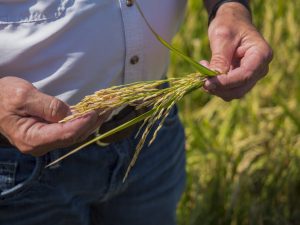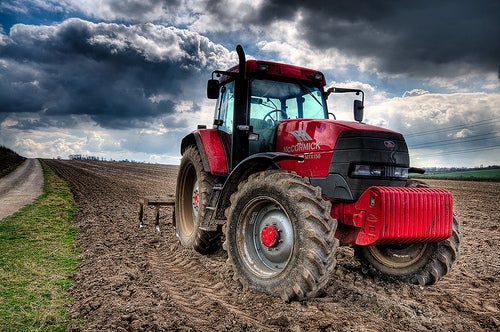A new study from UC Davis found that “grasslands and rangelands are more resilient carbon sinks than forests in 21st century California.”
While forests remain vital to global climate mitigation efforts, the increasing frequency and severity of wildfires has heightened the need to explore additional carbon sinks in fire-prone regions. Grasslands lock carbon into the soil, and they don’t release it during wildfires.
It’s because of this resilient carbon-capturing power that grasslands and rangelands are essential to meeting climate goals. Unfortunately, these ecosystems are being converted into croplands at the highest rate in decades. Landowners converted 1.6 million acres of long-term grasslands – those that have existed for 20 years or more – into croplands between 2008 and 2012.
Record high land rental values make land conversion a compelling economic choice, but a new market opportunity may soon change this calculus. Read More












